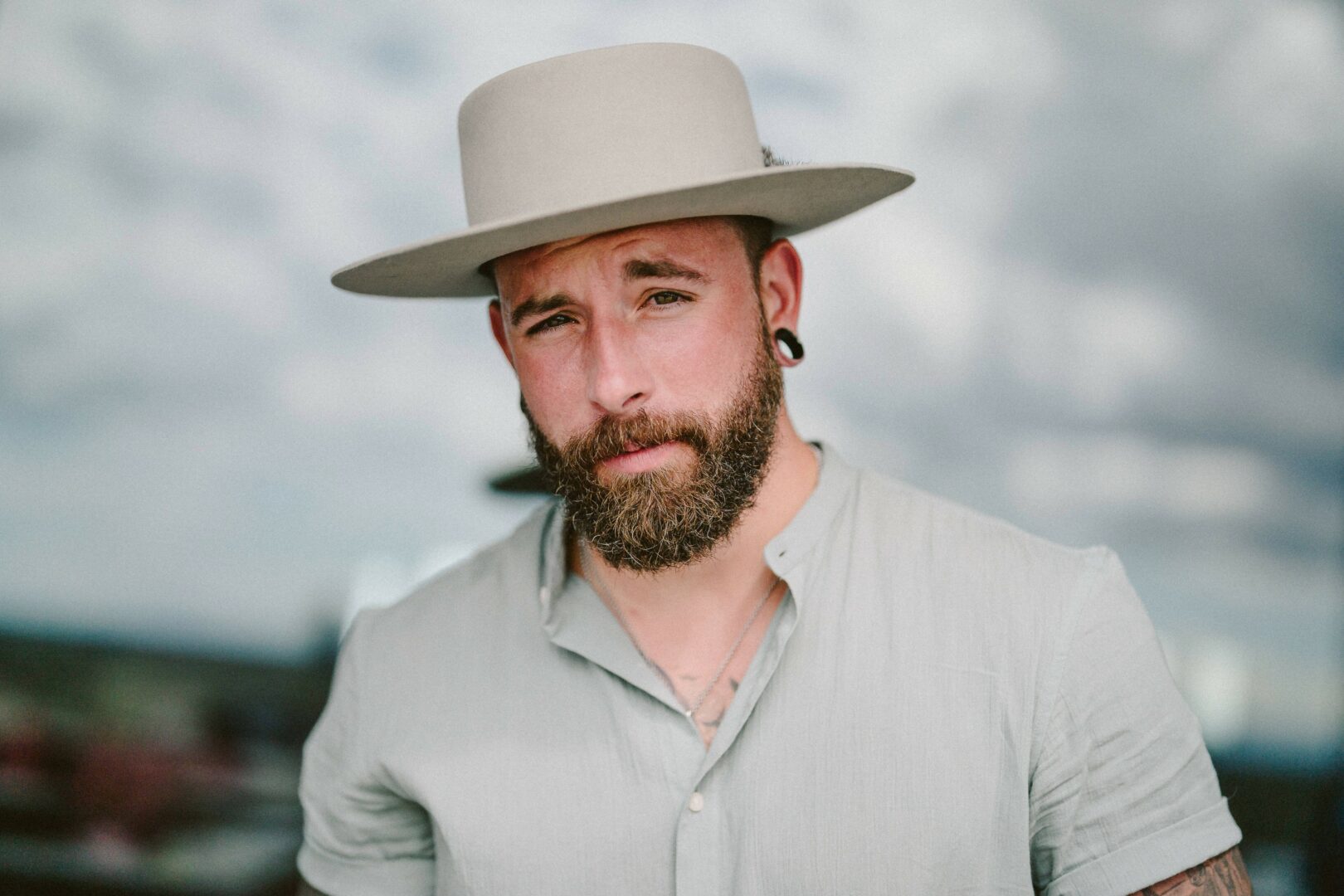We recently connected with Tracy Ullman and have shared our conversation below.
Tracy, so great to be with you and I think a lot of folks are going to benefit from hearing your story and lessons and wisdom. Imposter Syndrome is something that we know how words to describe, but it’s something that has held people back forever and so we’re really interested to hear about your story and how you overcame imposter syndrome.
You never realize – as someone who is creating things alone and in your own mind – that so many people suffer from “imposter syndrome”. My parents were not very enthusiastic about me going into the arts and insisted that what I was doing was a “hobby” to be done in my spare time. So that began my sense that thinking creatively was not something I could do entrepreneurially. Then, there were people in television and film who are, for lack of a better word, sociopaths and “cloak and dagger” operators: people who made me work hard and never gave me constructive feedback, or even worse, stole my ideas. I’m pretty sure I’m not the only one this happened to, but it messed with my head in that I thought I could never overcome my lack of experience or standing in the industry. It wasn’t until I was confronted with a desperate need for work that I started thinking laterally about to get it. I began creating in earnest, failure be damned. I started thinking bigger and on a wider scale and when I became successful, then I finally believed – around the age of 50 and after almost 30 years in television and film – that I was not an imposter.

Great, so let’s take a few minutes and cover your story. What should folks know about you and what you do?
I call myself a television producer at this point because my career continues to evolve and that’s the only title that encompasses what I do. For a majority of my career, I’ve produced non-fiction or documentary television, but I’m writing out my first narrative series based on a book I wrote with Dr. Katherine Ramsland, The Serial Killer’s Apprentice. While I’m writing out the narrative or fictionalized series, I’m finishing the documentary based on the book for Warner Brother’s Discovery.
I began my career at BBC Scotland in Glasgow actually creating their first internet presence in Gaelic in 1994. When asked what I wanted to do after that, I seized on documentary. My first work in the documentary field was on an international co-production between the BBC (Horizons) and PBS (Nova) about Richard Branson’s effort to fly around the world in a hot-air balloon. I was a researcher and flew between London, St. Louis and Chicago to follow Branson’s progress along with several other teams that were based around the world. It was a fantastic learning experience.
After that, I began creating documentaries, one about sorority and fraternity rush at US universities for BBC and another for ITV about people dating over the age of 50 for – a new sociological phenomenon in the late 1990s. I returned to the US in 1999 and began producing shows for a local PBS subsidiary in Chicago, then transitioned to true crime documentaries in 2005.
I’m very passionate about each stage of producing: I enjoy researching the initial aspects of a documentary and trying to think through how all the puzzle pieces fit together. Then comes the pitching to a network where my ideas come to life with other people. Production creates the look and feel, making the idea a reality. And post-production allows for every component to come together and make something that communicates your idea to millions of people who watch television.
The first time I was able to do that on my own was a series on Peacock streaming in 2020 called “John Wayne Gacy: Devil in Disguise. I had done the research and archival collecting for almost 10 years, trying hard to sell the idea along the way. I met people who wanted to steal it, I met people who wanted to belittle the idea and then I finally met people who saw the value and viola! It sold! While I was doing that series, I saw there was an opportunity to look into a similar story and that begat The Serial Killer’s Apprentice collaboration with Dr. Ramsland. As that documentary nears its completion, I’ve decided to leave documentary – I feel I want a new challenge – and pivot into narrative and feature film storytelling. We’ll see how it goes but my curiosity and excitement for creating has never waned.

Looking back, what do you think were the three qualities, skills, or areas of knowledge that were most impactful in your journey? What advice do you have for folks who are early in their journey in terms of how they can best develop or improve on these?
It’s true what Thomas Edison said, “Genius is one percent inspiration and ninety-nine percent perspiration.” Although I don’t consider myself a genius, continuing to work on something in the face of challenge and adversity is very important. I feel as though 85% of your competitors will throw in the towel as adversity stacks against them. I would get rejection letters, thrown them in the waste basket initially, and then retrieve them to write back with an undaunted reply. I also never looked to have a “job”. I looked for people I admired and found them via email and tried to appeal to them for a relationship: either as a mentor or as someone I could help informally. That would usually result in a contact I could go back to and simply converse with until an opportunity to work together arose. And then finally, when I got over my imposter syndrome, I was able to sit with myself and confidently created, with no holds barred. It’s such an invigorating process to have faith in creating and push for better and more innovative ways to tell storires.

Any advice for folks feeling overwhelmed?
No career functions in a vacuum and there’s always a personal or family issue that comes up in the midst of your most difficult production. I was producing 2 productions at once after my husband became unemployed. We had 3 children, one with autism. Not long after, my husband died very suddenly of an aortic aneurysm. I was emotionally and physically taxed as a result but still needed to work. My work became an escape of sorts and creating and living in the worlds of my productions ended up being a salve. Those worlds weren’t my reality and I finally got the perspective that any issues weren’t a matter of life and death. Then I addressed those issues one at a time without any drama.
Contact Info:
- Website: https://unlimitedbliss.net
- Linkedin: https://www.linkedin.com/in/tracy-ullman-producer/






so if you or someone you know deserves recognition please let us know here.




